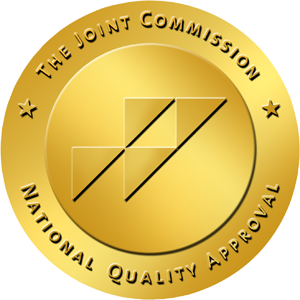Controlling High Blood Pressure
What is high blood pressure? According to the American Heart Association, high blood pressure (HBP or hypertension) is when the force of your blood pushing against the walls of your blood vessels is consistently too high. High blood pressure can lead to coronary heart disease, heart failure, kidney failure, stroke, and other serious health problems if it is not managed.
I’ve just been diagnosed with high blood pressure, now what?
Once you’ve been diagnosed with high blood pressure, it’s important to discuss your dietary and medication options along with regular exercise habits. It is also recommended that you purchase a blood pressure monitor to check your numbers at home daily. Carmichael’s retail locations offer quality arm cuffs and blood pressure monitors to help you begin the next step of controlling your high blood pressure.
Your blood pressure is recorded as two numbers:
- Systolic blood pressure(the upper number) — indicates how much pressure your blood is exerting against your artery walls when the heart beats.
- Diastolic blood pressure(the lower number) — indicates how much pressure your blood is exerting against your artery walls while the heart is resting between beats.
Blood pressure is categorized into five ranges:
- Normal blood pressure – blood pressure numbers that are within the normal (optimal) range of less than 120/80 mm Hg.
- Prehypertension (early stage high blood pressure) – blood pressure is consistently ranging from 120-139/80-89 mm Hg.
- Hypertension Stage 1 – blood pressure is consistently ranging from 140-159/90-99 mm Hg.
- Hypertension Stage 2 – blood pressure is consistently ranging at levels greater than 160/100 mm Hg.
- Hypertensive crisis – blood pressure is higher than 180/110 mm Hg. Seek emergency medical attention.
High Blood Pressure Treatment
Although there is no cure for high blood pressure, properly taking prescribed medications and making positive lifestyle changes can help improve your quality of life and reduce your risk of serious health problems.
The American Heart Association recommends the following lifestyle changes:




 Accredited/Certified by The Joint Commission
Accredited/Certified by The Joint Commission